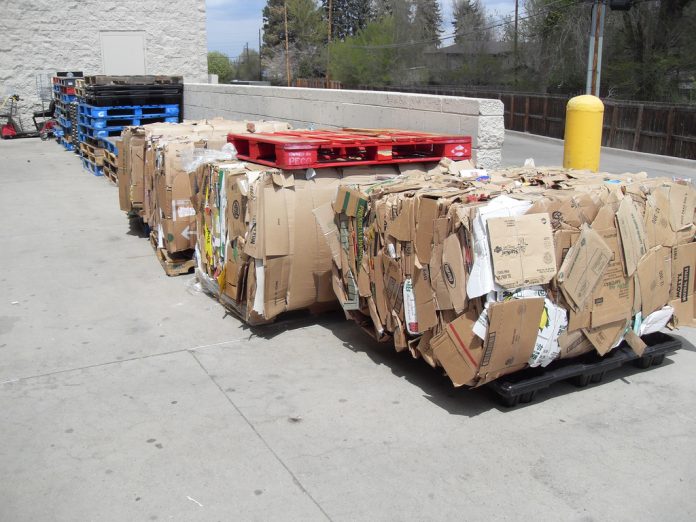The European Parliament’s Environment Committee on February 28 approved new EU rules on waste management and recycling.
The agreement, which was reached in December 2017 between the Parliament and the European Council, represents a considerable rise in the ambition level towards a circular economy compared to the status quo. Besides the targets themselves, the rules applicable to waste policy in all EU member states have been thoroughly updated and modernised.
A common method for defining and calculating recycling rates have been found which should greatly improve both the quality and comparability of data as well as the standards of recycling themselves. Several weaknesses in the current legal framework have been corrected: this includes improved rules on separate collection, on standards for input into recycling and for secondary raw materials, and on the treatment of bio-waste and of hazardous wastes.
However, Nils Torvalds, ALDE shadow rapporteur, said the agreed level of the targets for recycling and landfills are “disappointing”.
“It was impossible to get Member States to move above the agreed levels, in spite of the fact that the Parliament’s position was backed up by economic forecasts by the Commission showing unambiguous additional advantages from higher recycling rates in terms of both growth and employment as well as environmental gains and saved GHG emissions,” he said.
According to Pavel Telička, ITRE draftsman for the Landfill Directive and for Vehicles, WEEE and Batteries Directives, the agreement will create opportunities for the environment, innovation and European businesses.
“Unified statistics, common methodology and clear rules and targets for the collection of waste are the key elements which are currently missing in the legislative framework,” she said. “Nowadays, waste from Europe is often exported to China. China then recycles it, generates a secondary raw material and cheap products that are sent back to the EU and we buy them. These products from our waste are a great competition for the European business. We should keep this in mind and not to waste our resources anymore.”

